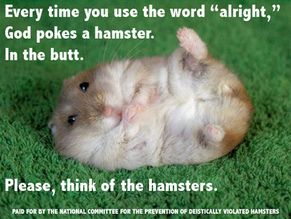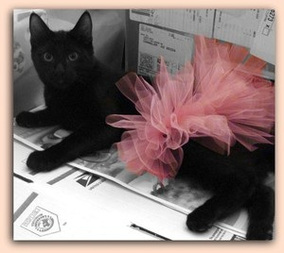
Neither is negative in meaning. It is the only negative word required in an independent clause. An independent clause has both a noun and a verb. The verb will always be in the affirmative.
Nor is also negative in meaning. It is the the only negative word required in an independent clause. An independent clause has both a noun and a verb. The verb is always in the affirmative.
Neither and Nor are most often used in conjunction. When this happens, they join two negative ideas. They mean, "not the first part, not the second part". Think of Neither – Nor as the opposite of Both – And.
Nor is a coordinating conjunction (and, so, but, or, etc.). This means that it normally connects ideas within a sentence – joining two independent clauses. Nor continues a negative statement of a negative statement already mentioned.
Apart from their negative meanings, here are some rules:
1. Neither is never paired with 'or'.
Example:
I neither saw the movie nor read the book.
2. Neither + singular noun
Example:
Neither option appeals to me.
3. Neither of + (the) plural noun
Example:
Holly said that neither of the movies were good.
4. When two subjects are connected by Neither – Nor, the subject that is closest to the verb determines whether the verb is singular or plural.
Examples:
- Neither my brother nor my parents have been to Korea.
- Neither my parents nor my brother has been to Korea.
5. When Neither – Nor are paired, we must use parallel structure.
Examples:
- He neither slowed down, nor acknowledged me at the intersection.
(Neither + verb, Nor + verb)
-Neither man nor woman has been to Mars.
(Neither + noun, Nor + noun)
- The article is neither interesting nor accurate.
(Neither + adjective, Nor + adjective)
6. When Neither is used at the beginning of a clause and is not paired with Nor, but follows a previous negative statement, we must invert word order, meaning that the subject and the verb or auxiliary are inverted.
Example:
A: I don't like onions.
B: Neither do I.
7. When Nor is used at the beginning of a clause and is not paired with Neither, it must follow a negative statement. We must invert word order, meaning that the subject and verb or auxiliary are reversed.
Example:
A: I don't like waking up early.
B: Nor do I.
8. Informally, we have all heard people say, "Me neither", as in the example:
A: I can't swim.
B: Me neither.
The formal answer to the first statement is: "I can't either."



 RSS Feed
RSS Feed